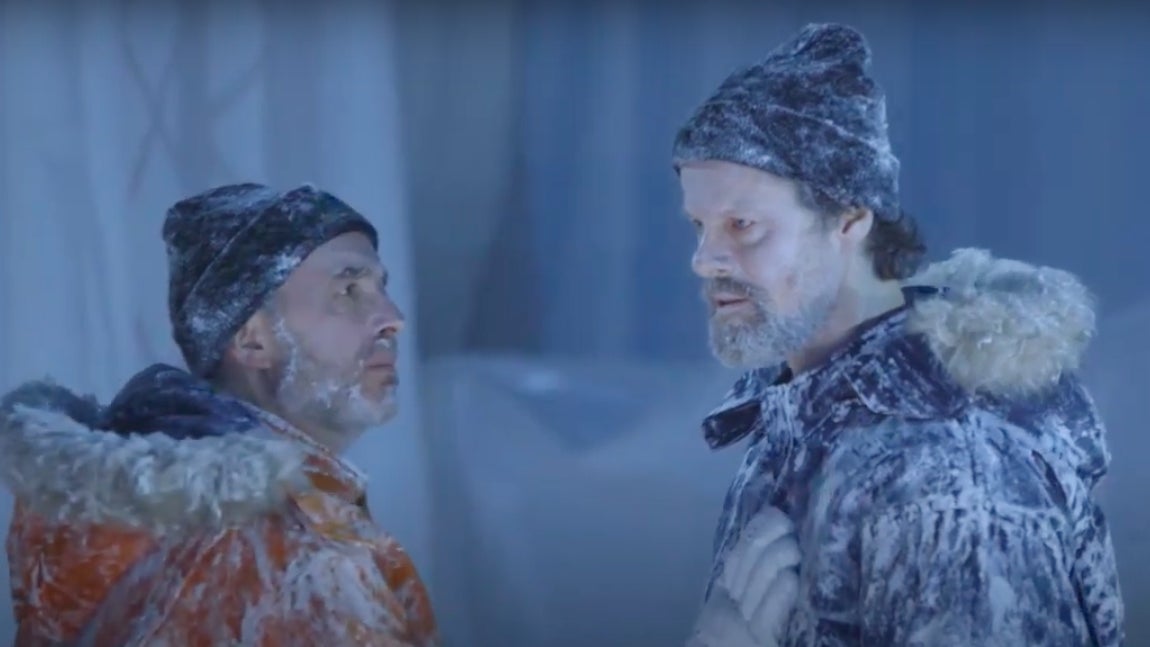A new climate change opera is a true sign of the times
Climate change is perfect for operas, if you think about it: plenty of pathos, despair, and potential for transcendent change to go around.


Climate change is perfect for operas, if you think about it: plenty of pathos, despair, and potential for transcendent change to go around.
It’s perhaps unsurprising, then, that climate change has inspired at least five operas, with the latest opening in Glasgow, Scotland last month. “Anthropocene,” an opera by Stuart MacRae and Louise Welsh, is the story of an Arctic adventure got awry. The drama takes place aboard a ship named, like the opera, Anthropocene, after the term often used to describe the geologic era of human-induced change we live in now.
Patrick Goymer, the editor in chief of the scientific journal Nature Ecology & Evolution, went to see “Anthropocene,” and was impressed by its ability to “evoke polar realms” through music, and the fact that it cast a woman in the role of the expedition’s lead scientist. But Goymer was dismayed that the opera, which so clearly takes its inspiration from the climate-change era, didn’t delve all that deep into the thorny issue of climate change itself. While the opera circled around the central themes of climate change—like extreme weather and civilization-level disaster—it didn’t, he wrote, address these directly.
Still, climate change-inflected opera is becoming something of a trend: Last year, the Afro Yaqui Music Collective premiered an opera about climate change-driven migration in Pittsburgh. In 2015, director Giorgio Battistelli and writer Ian Burton debuted “CO2,” an opera based on Al Gore’s 2006 film An Inconvenient Truth. And in 2012, a climate change opera called Auksalaq, named for the the Alaskan Native Inupiat word for melting snow and ice, premiered simultaneously in Norway, Montreal, Virginia, and Alaska.
As other creative fields pick up on climate change (climate-change fiction, or “cli-fi,” is already a robust genre), it makes sense that the art form with the highest drama of them all would take on the most dramatic trial facing humanity in our time.